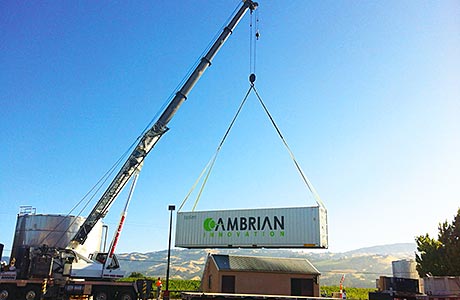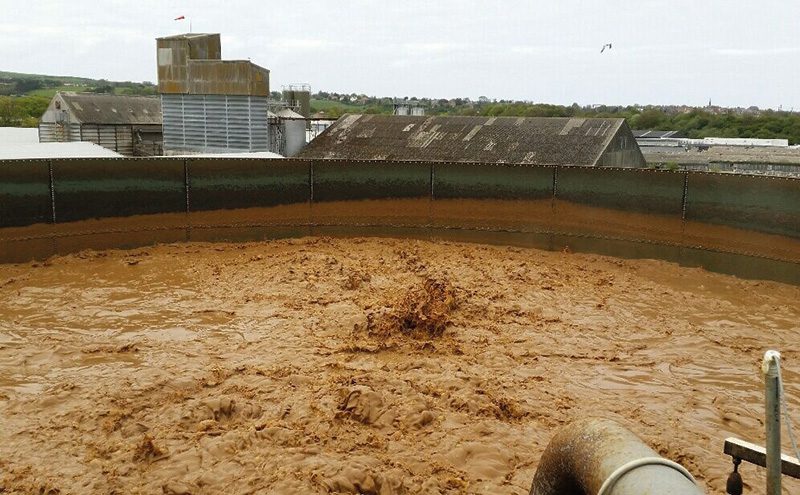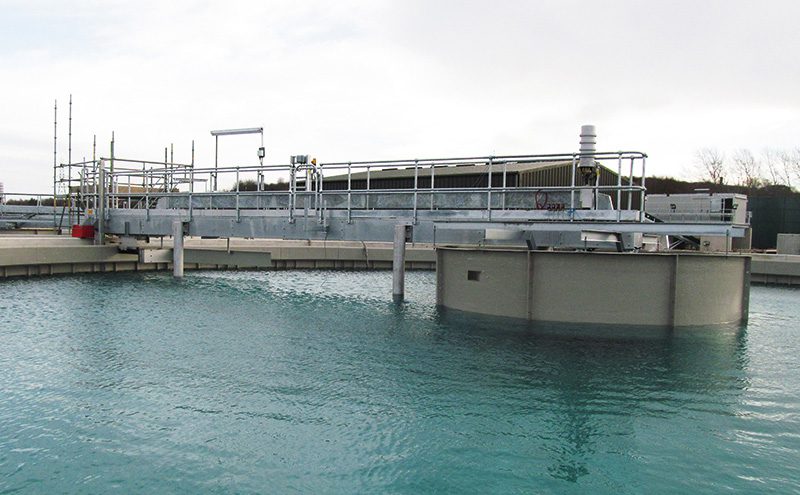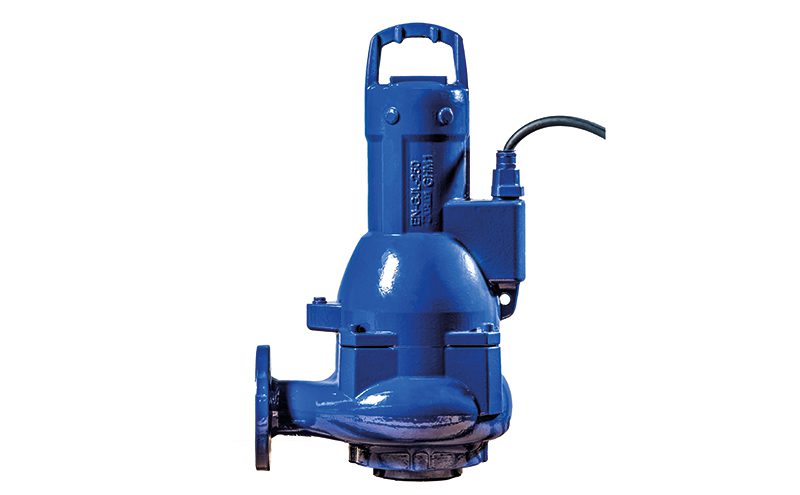
A new technology for energy recovery from wastewater is being piloted in the US by MIT spin-off Cambrian Innovation.
The underlying process relies on the ability of electrically active microbes to convert dissolved carbon in industrial wastewater into biogas, while also producing clean water, in a process known as “electromethanogenesis”, apparently discovered in 2008.
Cambrian Innovation is providing self-contained units employing the process, marketed as the EcoVolt product. Much of its appeal appears to be with its modularity, and the fact that it is packaged as a a prefabricated system that can simply be driven up to a site in a trailer and put to work.
US brewing company Lagunitas says it paid $3.5 million for two ElectroVolt systems, having apparently been quoted prices two to three times higher for other AD alternatives.
A standard EcoVolt system can apparently process between 10,000 and 300,000 gallons of wastewater per day, depending on the number of modules. So far it has been targeted at breweries and food processors.
While EcoVolt is said to remove 80% to 90% of pollutants, the water it produces doesn’t currently meet the strict standards required for drinking water or resale to the agricultural market.
So far the system has been piloted by one or two US breweries but has yet to establish its commercial viability.







